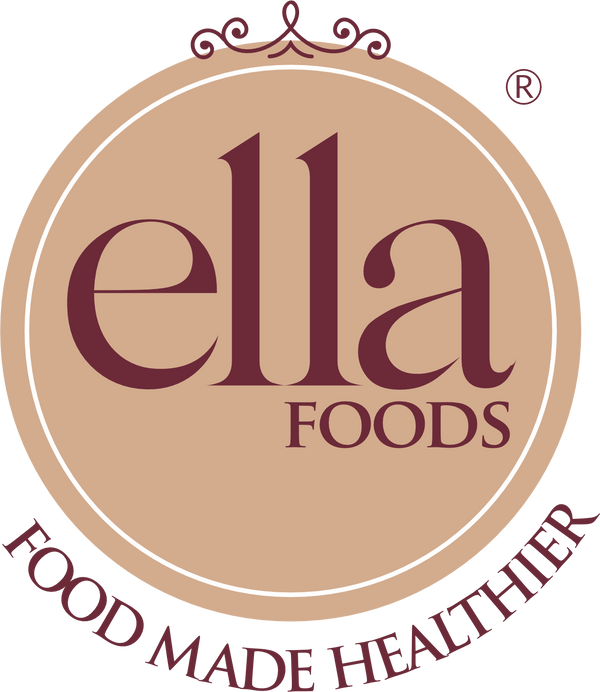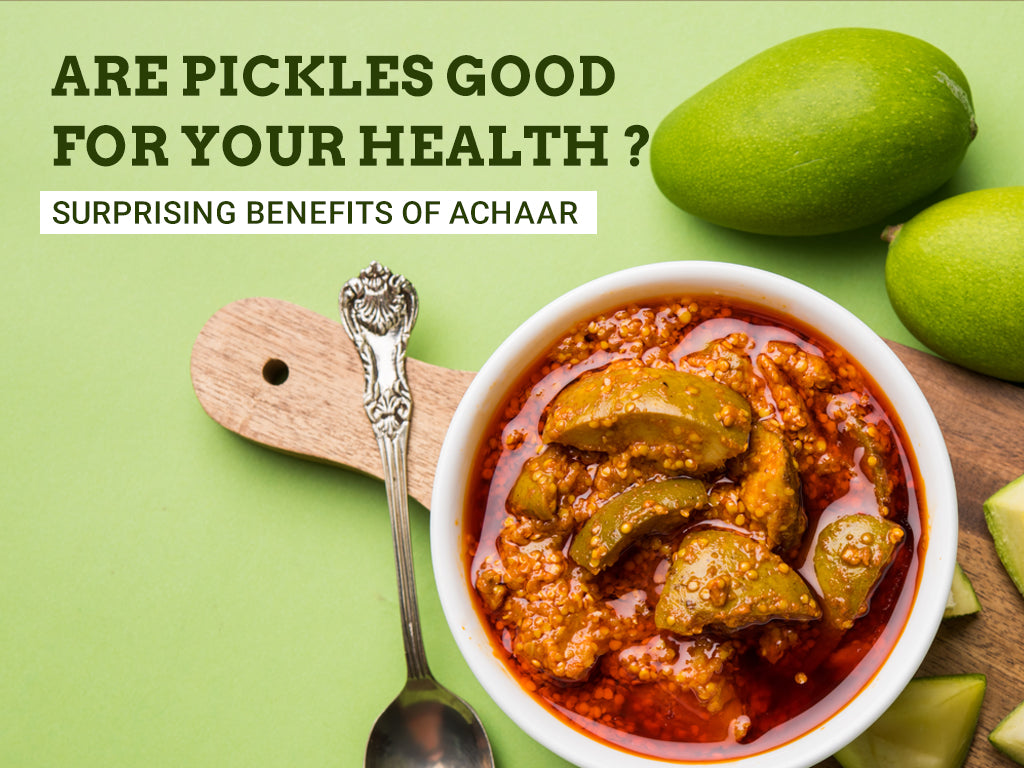Almost every culture across the globe has over time developed a system of pickling food in order to preserve flavour and nutrition, and to avoid spoilage. Whether it was to preserve an exotic vegetable, not native to their land, or to take something along on long journeys that wouldn’t spoil, the process of pickling has been in use for over 4000 years. The only thing that’s different across cultures is the process of pickling.
Where it all began - The earliest pickle

The earliest record of picking comes from the Tigris valley, as early as 2030 BC, when Cucumbers native to India were pickled in a jar, in a solution of brine, showing that even early civilizations understood the importance of salt when it came to the pickling process. Even the very word pickle comes from the Dutch word pekel, which means salt water, or brine.
Different styles of pickling

Different countries have different styles of pickling that range from using salt to vinegar to oils. The fundamental idea was to immerse vegetables either into an acidic solution or to cause anaerobic fermentation, both of which preserve the vegetable, preventing spoilage.
Anything from fruits and vegetables, to meat, can be pickled in order to preserve it, but outside Asia, the term pickle is synonymous with pickled cucumber, often seasoned with Dill.
Indian Achaars

Urukai in Tamil, Athanu in Gujarati, Uppinakaayi in Kannada, Loncha in Marathi, Pachadi in Telugu, and Āchār in Hindi, a pickle by any name is equally loved all across India.
In India we make achars out of everything, from lime, to chillies to gooseberry, yet no other pickle can claim as much popularity as mango pickles can. From Thokku, to Avakaya, to Punjabi dry mango achar to even the south Indian tender mango pickles, raw mangoes are the go to pickle at every Indian household.
Considered an important part of every meal, Indian achars are traditionally made using oil and spices, in a process that was generally reserved for the summer months, as the vegetables were often dried out in the sun, before they were pickled.
Although pickles have earned a bad reputation in recent years, it is surprising how healthy they can actually be, especially if they are made carefully, with a few minor adjustments.
Pickles are natural probiotics

Did you know that pickles are natural probiotics that aid in digestion, because when they are sun dried, salted and immersed in oil, their oxygen supply is cut off, which is when anaerobic fermentation takes place. This aids the growth of good bacteria that preserve the pickle as well as prevent bad bacteria from forming, hence stopping spoilage. Being probiotic, they help boost immunity and improve gut health.
This is why, every traditional Indian meal was accompanied by a spoonful of pickle, in order to leave you satisfied yet feeling light.
Pickles contain vitamins and minerals

Indian pickles are often a rich source of Vitamin A, C and potassium, due to the vegetables used in the pickling process. Pickles made using leafy vegetables, such as Gongura pickle, even contain minerals like iron and calcium, making them a healthy choice.
Pickles contain antioxidants
Traditionally pickles are made using cold pressed oils such as sesame or mustard seed oil, which are a rich source of antioxidants, and are considered heart healthy as they contain a large percentage of unsaturated fats that help lower LDL or ‘bad cholesterol.
Pickles fight inflammation in our body
Made using spices like turmeric and chilli powder, Indian pickles are powerful anti-inflammatory foods that cut down signs of inflammation in the body.
How pickles can be healthier

Many a pickle lover has been denied this tasty treat, and all because of one culprit, excess salt. Due to the rise in consumption of salt, especially in the form of packaged foods, the incidence of hypotension has been on the rise in India. Unfortunately for some, this means saying goodbye to their beloved pickles.
This doesn’t have to be the case though. At Ella, we make pickles with upto 50% less sodium. We do this by using a patented low sodium formulation that cuts the sodium in our pickles by as much as half, when compared to other pickles, even homemade ones.
This, coupled with the fact that our pickles are made with antioxidant rich cold pressed sesame oil, makes them a whole lot healthier than before, making pickle a tradition that once again supports good health.

